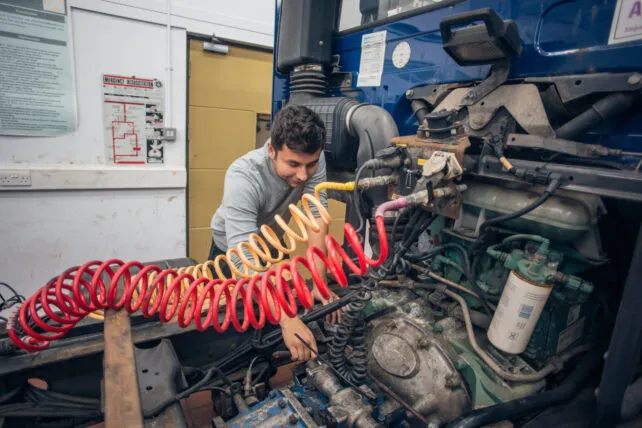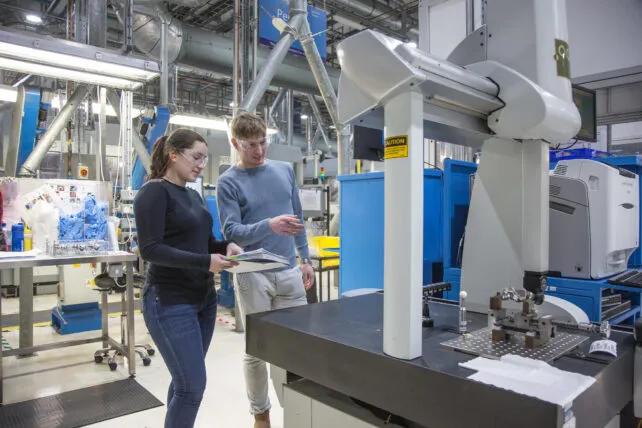What are the entry requirements?
Leaving Certificate
A minimum of 2 H5 & 4 O6/H7 grades in six Leaving Certificate subjects, including Mathematics and English or Irish.
Relevant (Level 6) Trade Craft Certificate or National/Higher Certificate
Candidates who hold a Senior Trade Certificate and/or National Craft Certificate in the Motor Trade area will be considered for admission to Year 3 of the programme.
Holders of a National/Higher Certificate (Level 6) in Engineering or Technology may be considered for admission to Year 2 or 3 of the programme.
International Applicants
International applicants should apply directly to the International Office at TUS, allowing plenty of time for completing the visa process. Applications for September start should be made by 1st June at the latest to ensure visas are processed in time. You should familiarise yourself with visa processing times for your country of origin to ensure you make a timely application. Find out more here.








